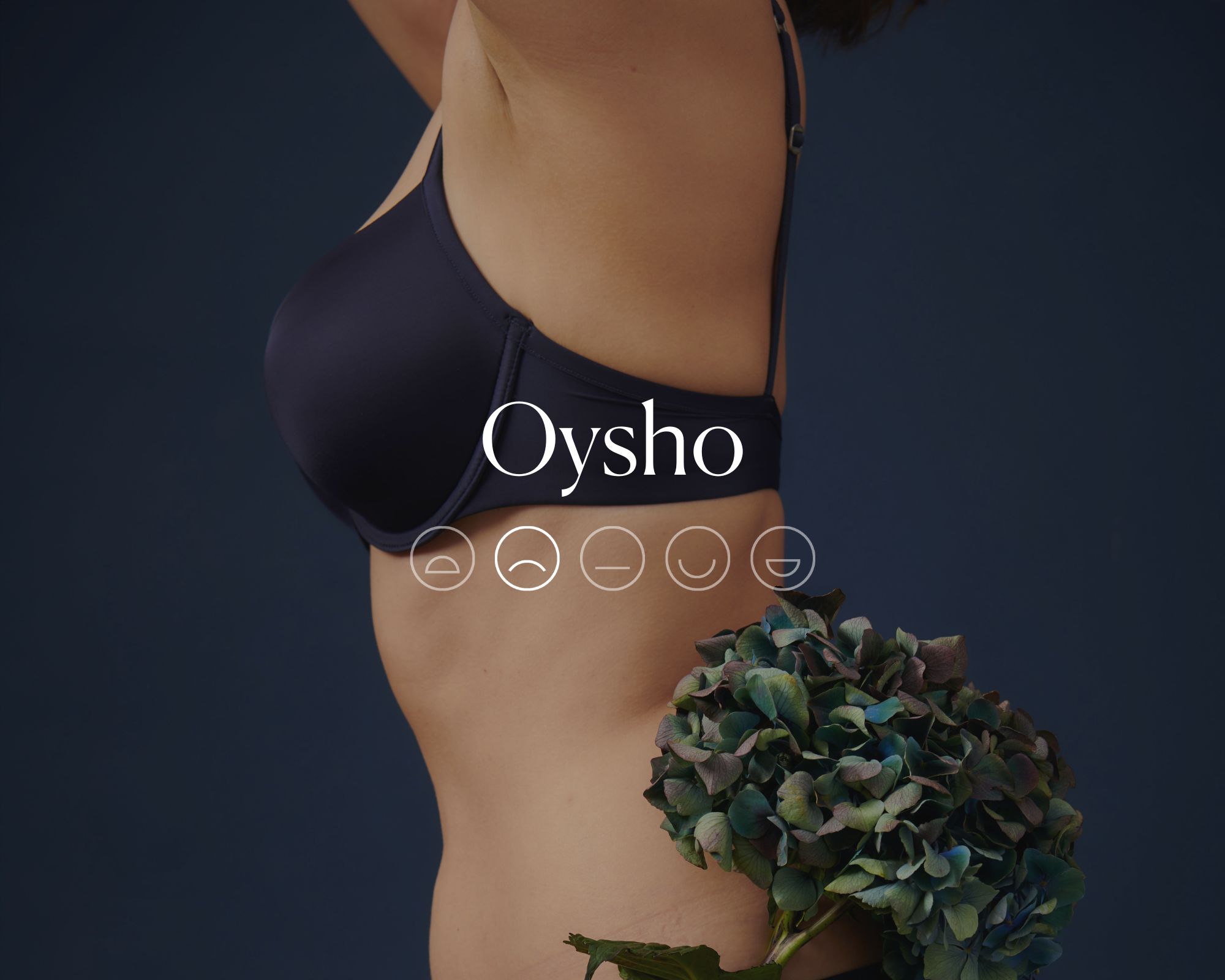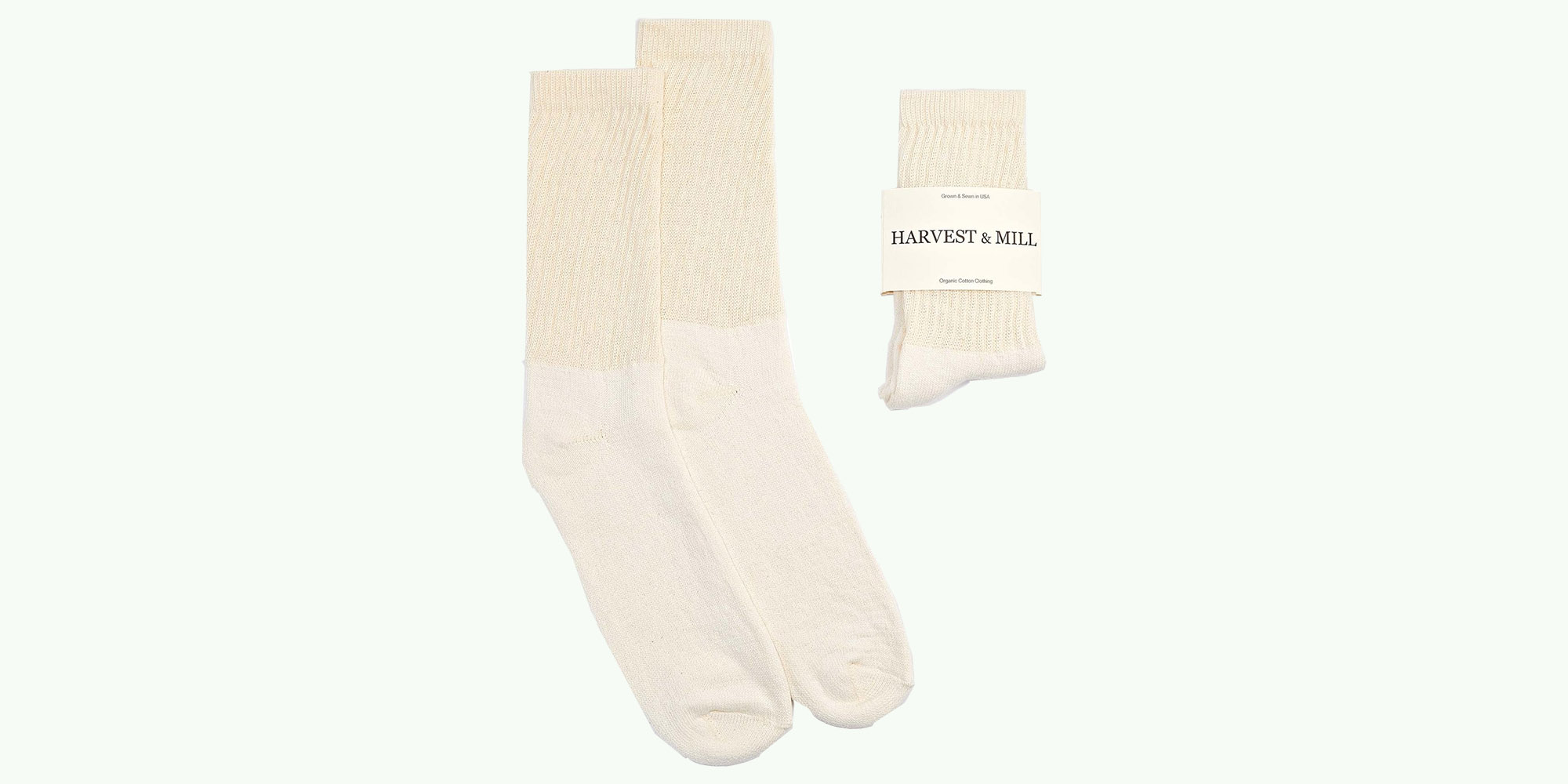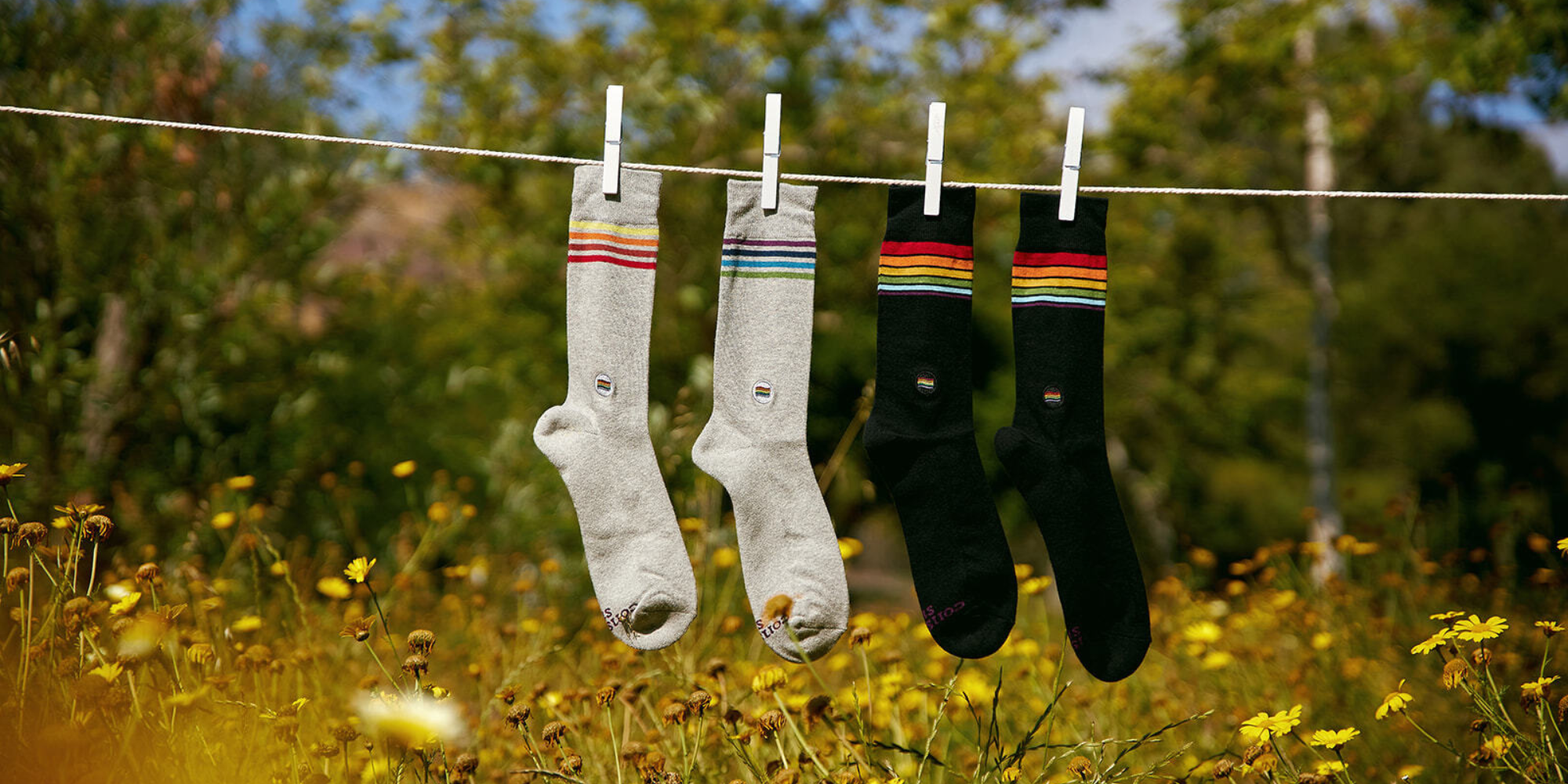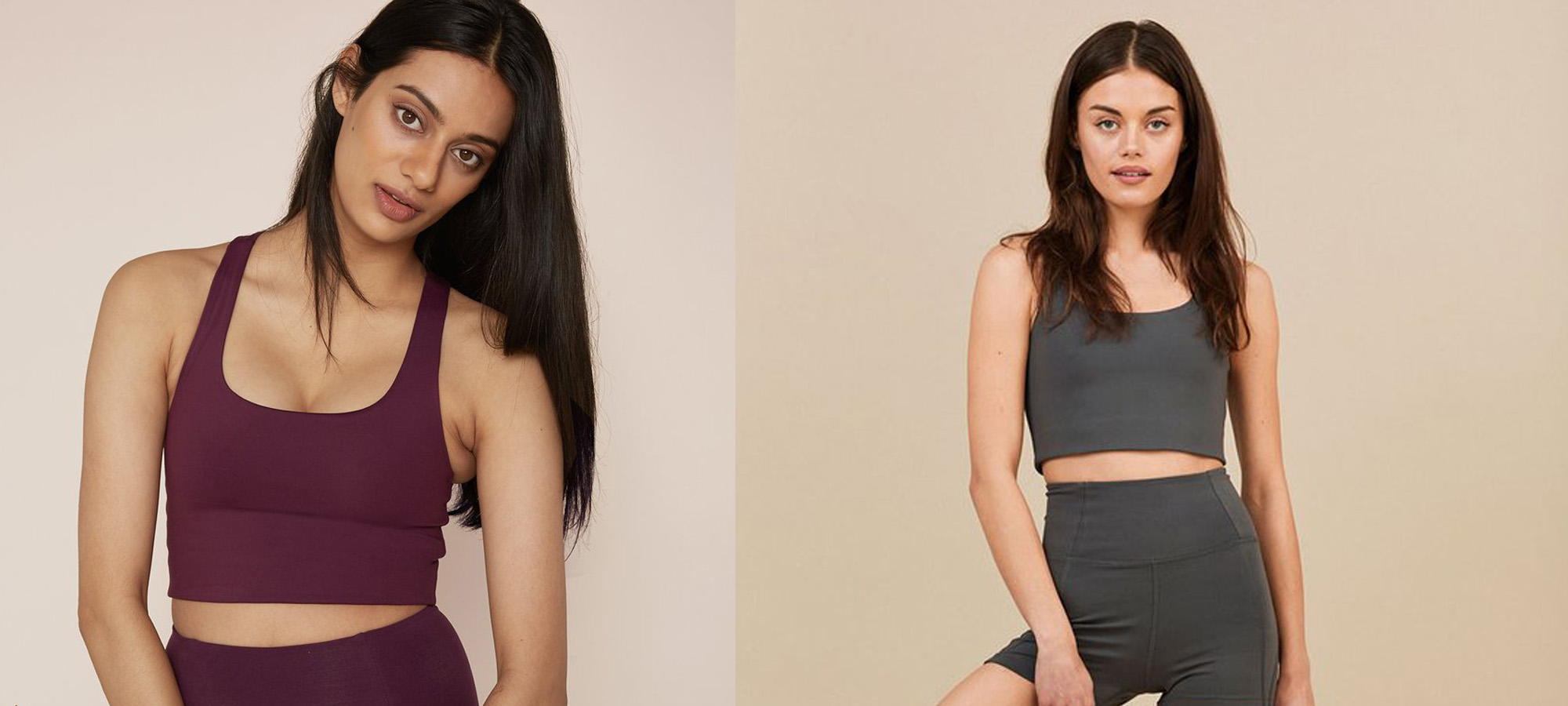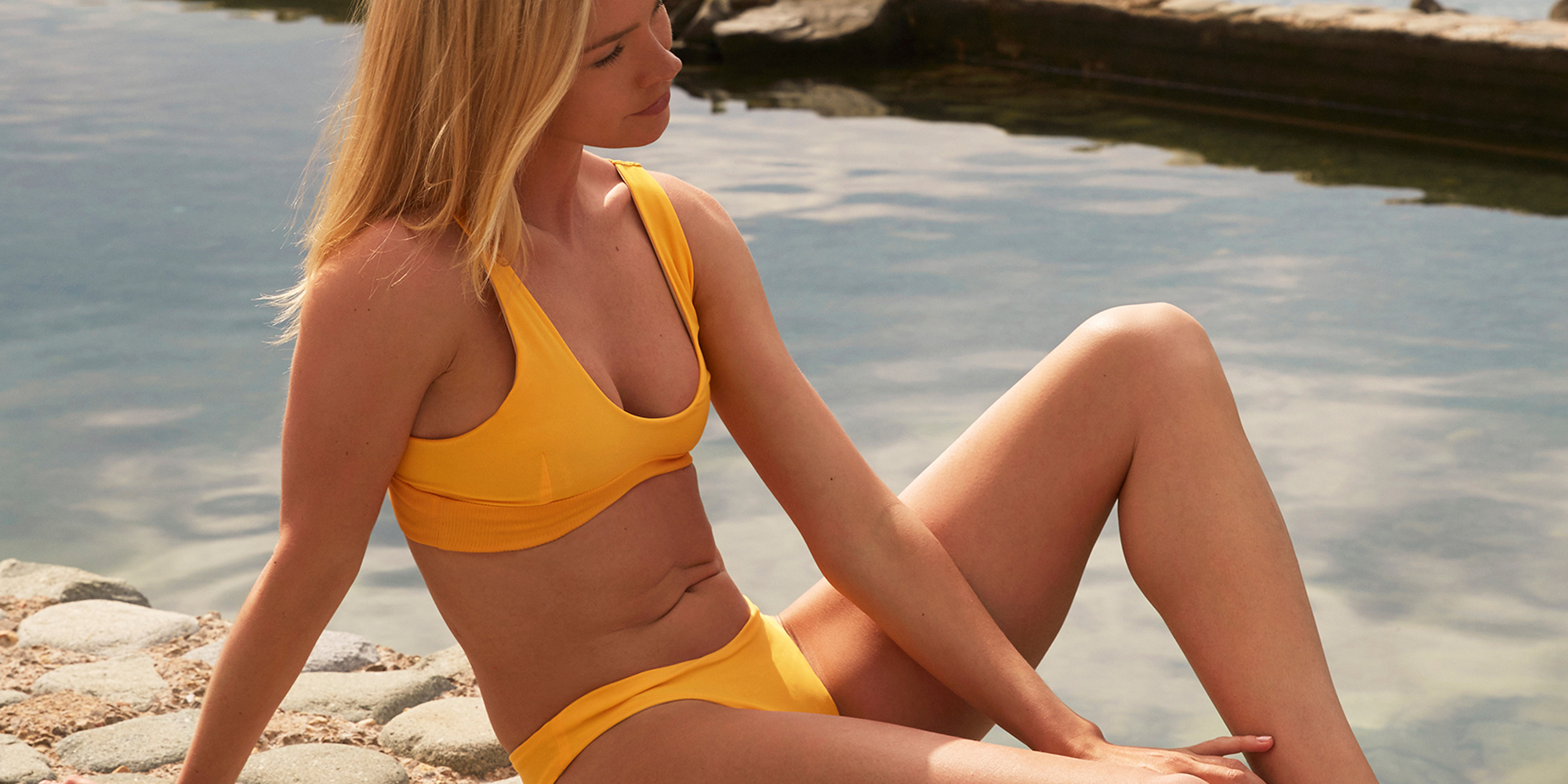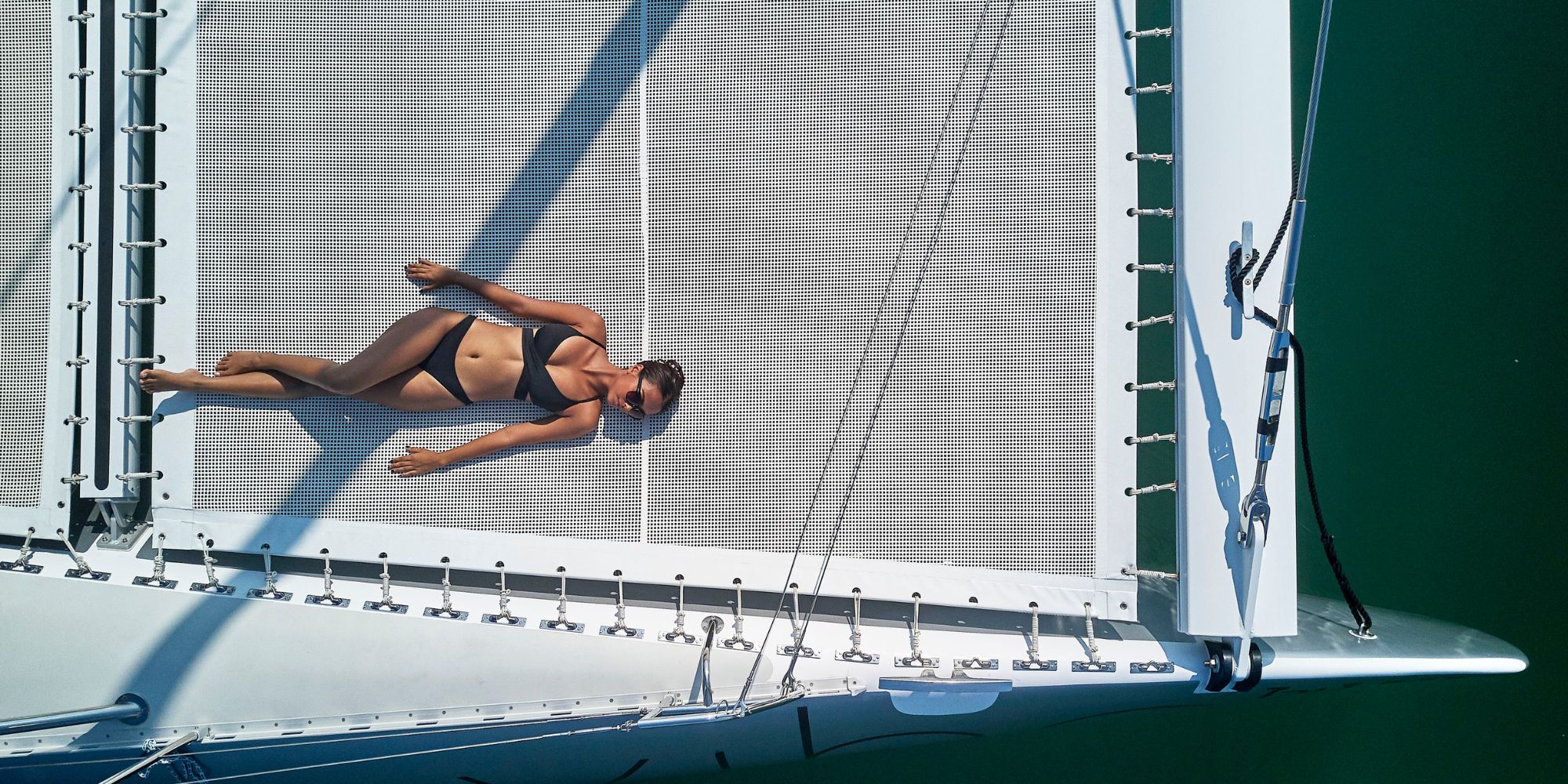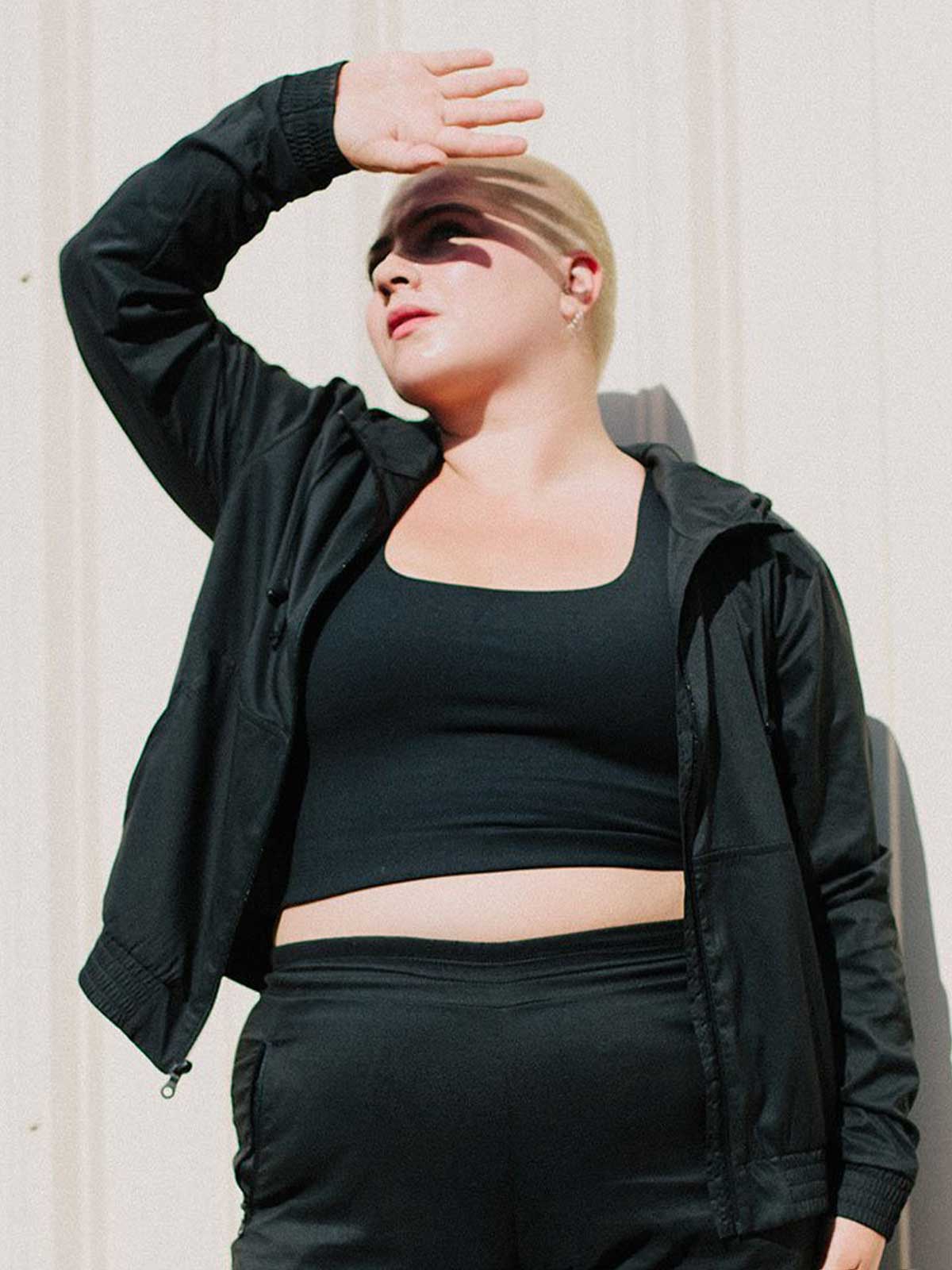Our editors curate highly rated brands that are first assessed by our rigorous ratings system. Buying through our links may earn us a commission—supporting the work we do. Learn more.
Inditex-owned Oysho was launched in Spain over two decades ago and is popylar for its womenswear, but how ethical is Oysho? Here’s why the brand is “Not Good Enough” for people, the planet, and animals. This article is based on the Oysho rating published in February 2022.
Digging into Oysho’s rating
Inditex-owned Oysho specialises in women’s lingerie, beachwear, loungewear, and sportswear. Launched in Spain in 2001, Oysho has since grown to operate 650 stores in 44 countries worldwide. Much like the other seven subsidiaries of Inditex like Zara and Pull&Bear, Oysho fashion is trendy, affordable, and fast. With its JOIN LIFE “100% sustainable collection” and talk of eco-friendly practices, it’s easy to get swept up in the aesthetics and assume the ethics are under control. We decided to dig a little deeper and answer the question, how ethical is Oysho?
Environmental impact
With a line like “At Oysho we renew collections as fast as the fashion trends change” on the About page, it should come as no surprise that Oysho is rated “Not Good Enough” for the planet. While the brand did launch a “100% sustainable collection” made from eco-friendly materials in 2018, it is currently sitting at about 700 pieces, which makes up less than 10% of its overall collection. This is certainly a step up from some other ultra fast fashion retailers we avoid, but the brand has to make serious changes to receive a higher score.
In the same vein as other Inditex brands, Oysho has set an absolute target to reduce greenhouse gas emissions generated from its operations and supply chain. Still, there is no evidence it is on track to meet its target. Unfortunately, its use of a few eco-friendly materials and some recycled packaging doesn’t excuse the devastation fast fashion has on the planet.
Labour conditions
When it comes to people, Oysho has work to do both for those working in its supply chain and for representing customers across its branding. Its Instagram feed is a sea of thin white women with the (very) occasional token BIPOC or barely plus-sized model for good measure, and it often receives comments asking for better representation.
And things don’t look much better on the production side. While it received a score of 51-60% in the Fashion Transparency Index along with the other Inditex-owned brands, and transparency is a great first step for a fairer fashion industry, publishing lists of suppliers is the bare minimum, especially for a brand of this size. With no sign of a living wage across its supply chain, the most crucial element of fair labour conditions, we’ve given Oysho another “Not Good Enough” for people.
Animal welfare
Animal rights in fashion is one of the three key areas we look at when rating a brand, and Oysho falls short here, too, with another rating of “Not Good Enough”. It has a formal animal welfare policy aligned with Five Freedoms, and it doesn’t use fur, down, angora or exotic animal skin, which is positive. But it does use wool, leather, and exotic animal hair without stating sources, and there is no evidence it traces any animal products—even to the first stage of production! Not only does poor animal welfare in fashion supply chains impact the sentient creatures we share Earth with, but it also has devastating effects on the physical and mental health of workers.
Overall Rating: Not Good Enough
So, how ethical is Oysho? Overall, we rated Oysho “Not Good Enough” based on our own research. Fast fashion brands are notorious for misdirection, and Oysho is no different. By drawing our attention to its small percentage of eco-friendly clothes, we miss out on the big picture— that Oysho has a lot of work to do for people, the planet, and animals before we can call it ethical or sustainable. We would love to see Oysho meet its sustainability goals, phase out harmful materials like polyester and conventional cotton, ensure it pays a living wage, and slow down its production to meet modern conscious consumer demands.
Note that Good On You ratings consider 100s of issues, and it is not possible to list every relevant issue in a summary of the brand’s performance. For more information, see our How We Rate page and our FAQs.
Good swaps
There’s no denying the Oysho aesthetic is modern and sleek, and thankfully there are plenty of activewear, underwear, and loungewear brands like Oysho out there with more ethical and sustainable ranges for you to consider.




